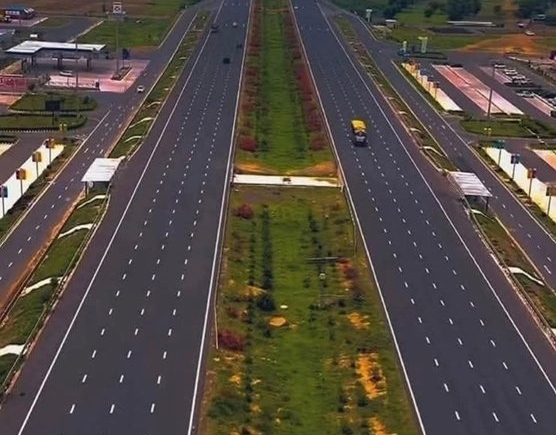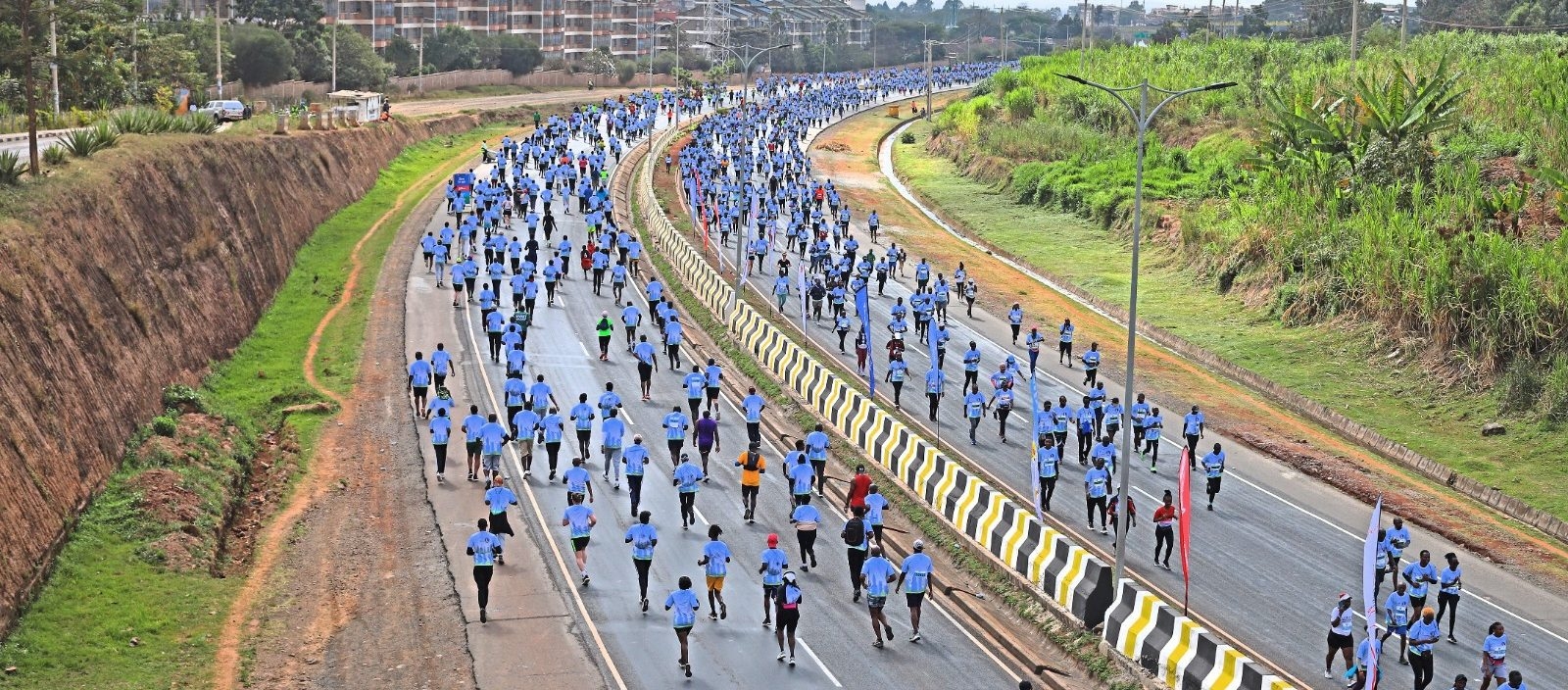Given the restless mood of the country, the 2027 election is shaping up to be a classic change election. It’s clear that the aspirations of young Kenyans, particularly the digitally savvy Gen Z, will play a decisive role. I welcome this potential shift and offer my own two cents, informed by decades in the trenches of Kenyan politics.
Kenya’s Generation Z, like its global counterparts, faces a unique dilemma that could define the nation's future. The key issue is a stark internal divide between what I call 'Gen Me' and 'Gen We'. As this generation grapples with its political and social role, this divide presents both a challenge and an opportunity.
'Gen Me' refers to the instinct among young people to prioritise their personal aspirations. This is not inherently selfish but rather a necessary stage of personal development. Gen Z must first identify their place in the world, especially in a country as politically and economically challenging as Kenya. Unfortunately, many youth are bypassing this important stage and rushing into 'Gen We' mode.
Once 'Gen Me' is fully addressed, Gen Z can transition more effectively into 'Gen We'. One of the key failures of current Gen Z activism in Kenya is its lack of structure. The idea that the movement is formless, leaderless and party-less is, quite frankly, a myth that will ultimately lead to its downfall.
This lack of structures also explains the unseemly online spats we have witnessed among some of the Gen Z activists. Political change requires organisation and organisation requires leadership.
Change cannot occur in isolation. Gen Z must therefore transcend their generational bubble and acknowledge the diverse generations at play in Kenya from the Gen X, Millennial and Gen Alphas. Moreover, their reliance on technology, a tool largely limited to urban areas, further alienates much of the population.
The real Kenya, where the bulk of our fellow citizens suffer the most from inadequate healthcare, education and infrastructure, is rural. Gen Z activists must go to where the problems are most acute, not just where it’s easiest to organise. This requires understanding the reality on the ground, something that cannot be achieved through X Spaces, Instagram and TikTok posts alone. Retail politics is the name of the game.
Gen Z must study Kenya’s political party formation matrix, understand what it takes to win elections and build a sustainable movement. Merely pointing out flaws (like our brother Morara Kebaso is doing) will do little to advance their cause.
As Ecclesiastes wisely reminds us, “there is nothing new under the sun.” Kenya's Gen Z activists would therefore do well to heed the lessons of past youth-led movements. Kenya's history is replete with powerful protests that momentarily shook the status quo but ultimately fizzled out due to a lack of organisation.
Take, for instance, the coastal movement during Moi's era. It gathered such force that the president himself sought dialogue. Their refusal to engage ultimately led to their undoing.
One way to bridge this gap is through organised, well-funded citizen assemblies. These gatherings, however, should not be backed by government brokers seeking to manipulate the youth.
Instead, they should be sponsored by individuals with real stakes in Kenya’s future; farmers, industrialists and academics who understand the country’s unique challenges and potential. These assemblies should focus on practical solutions to the issues facing Kenyans today and offer clear pathways to reform rather than vague calls for revolution.
For any movement to succeed, it must be built on a foundation of shared goals and a common ideology. Gen Z must therefore learn to put aside their differences and work together. This does not mean ignoring the divergence of opinions within the group but rather channelling them into a coherent strategy.
There must be a consensus on where they stand on key issues like taxation, education, healthcare and Kenya’s role in the global financial architecture. The ability to reach a consensus despite initial differences is what distinguishes enduring political movements from those that fade away. I wish Gen Z more than just luck, I wish them the resilience and fortitude to effect actual change.



![[PHOTOS] Council of Governors visits Raila's grave](/_next/image?url=https%3A%2F%2Fcdn.radioafrica.digital%2Fimage%2F2025%2F10%2F59c8111a-6f0d-4719-8587-7e965c4bdd34.jpg&w=3840&q=100)








